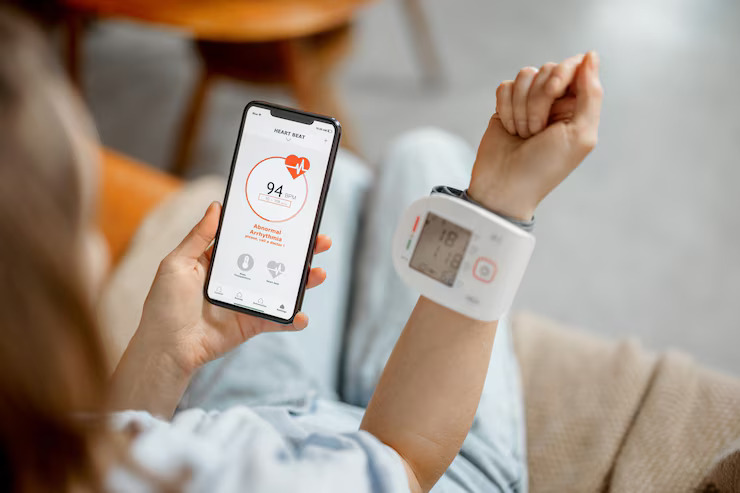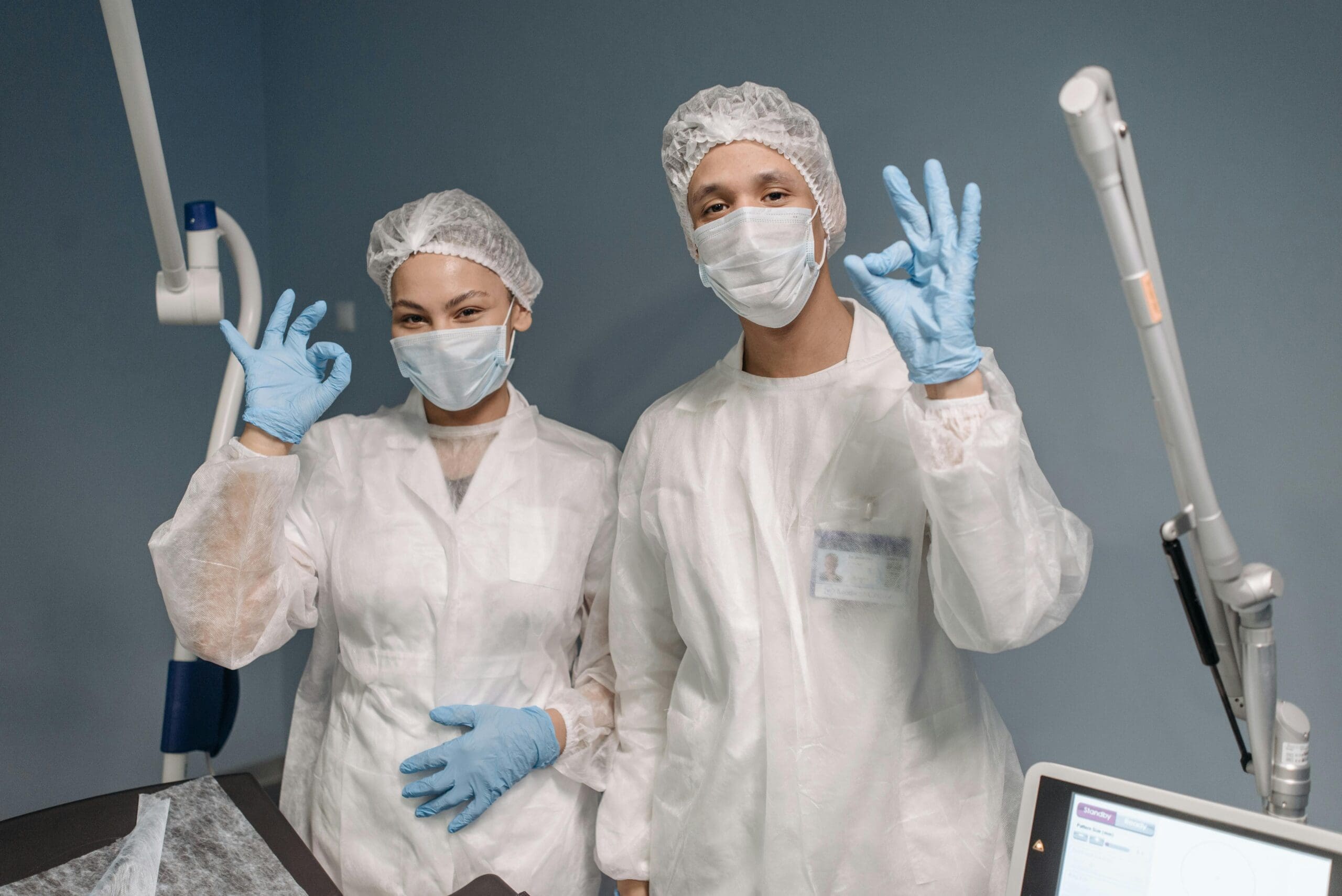Introduction
The advent of wearable technology has revolutionized various sectors, including healthcare. In clinical trials, especially those focused on the central nervous system (CNS), wearables are becoming indispensable tools. These devices offer continuous, real-time monitoring of patients, significantly enhancing the quality and accuracy of data collected. This article explores the multifaceted role of wearables in CNS clinical trials, highlighting their benefits, challenges, and future potential.
Defining Wearables
Wearables are electronic devices worn on the body, often integrating sensors that monitor physiological parameters. These devices can track a wide range of metrics such as heart rate, activity levels, sleep patterns, and even biochemical markers. The data collected by wearables can be transmitted wirelessly to healthcare providers, researchers, or cloud-based systems for analysis.
Historical Context
The use of wearables in clinical research is relatively recent but has rapidly gained traction. Initially popularized by fitness enthusiasts, wearables have evolved to serve more sophisticated medical purposes. Their integration into CNS clinical trials represents a significant advancement in how patient data is collected and analyzed.
Importance in CNS Trials
In CNS clinical trials, wearables provide a non-invasive, continuous monitoring solution that can capture fluctuations in patients’ conditions that traditional methods might miss. This is particularly crucial for diseases where symptoms can vary widely over time, such as Parkinson’s disease, Alzheimer’s disease, and multiple sclerosis.
Types of Wearable Devices
Activity Trackers
Activity trackers are perhaps the most well-known type of wearables. They monitor physical activities such as steps taken, distance traveled, and calories burned. In CNS trials, these metrics can provide insights into a patient’s mobility and overall physical health.
Smartwatches
Smartwatches offer a versatile platform for monitoring various health parameters, including heart rate, sleep patterns, and even electrocardiogram (ECG) readings. Their ability to sync with smartphones makes them a convenient tool for patients and researchers alike.
Biosensors
Biosensors are designed to detect specific biological markers in the body, such as glucose levels, lactate, or even cortisol. These devices are particularly useful in CNS trials for monitoring biomarkers that might indicate disease progression or response to treatment.
Smart Clothing
Smart clothing integrates sensors into fabric, allowing for continuous monitoring of parameters such as body temperature, respiratory rate, and muscle activity. This type of wearable is particularly useful in clinical trials where comprehensive physiological monitoring is required.
Advantages of Wearables in CNS Trials
Continuous Monitoring
One of the primary advantages of wearables is their ability to provide continuous monitoring. This is crucial in CNS trials where intermittent measurements may miss significant fluctuations in a patient’s condition.
Real-time Data Collection
Wearables enable real-time data collection, allowing for immediate analysis and response. This can improve patient safety and allow for more timely interventions if necessary.
Improved Patient Engagement
Wearables can improve patient engagement by providing them with real-time feedback on their health. This can motivate patients to adhere to study protocols and remain more involved in their own care.
Enhanced Data Accuracy
Wearables reduce the reliance on self-reported data, which can be inaccurate or biased. By providing objective, continuous data, wearables enhance the accuracy and reliability of clinical trial outcomes.
Challenges in Implementing Wearables
Data Privacy Concerns
The continuous data collection by wearables raises significant privacy concerns. Ensuring that patient data is securely stored and transmitted is crucial to maintaining patient trust and compliance with regulations.
Technological Limitations
While wearable technology has advanced rapidly, there are still limitations to consider. Battery life, data storage capacity, and the accuracy of sensors can impact the reliability of the data collected.
Regulatory Hurdles
The regulatory landscape for wearables in clinical trials is still evolving. Researchers must navigate complex regulations to ensure compliance and secure approval for the use of wearable devices in their studies.
Wearables and Data Analytics
Integration with AI
The integration of wearables with artificial intelligence (AI) offers powerful analytical capabilities. AI can process the vast amounts of data generated by wearables, identifying patterns and correlations that might not be apparent through manual analysis.
Data Management Systems
Effective data management systems are essential for handling the large volumes of data produced by wearables. These systems must be capable of storing, processing, and analyzing data in a way that ensures accuracy and accessibility.
Predictive Analytics
Wearables can support predictive analytics, enabling researchers to identify early signs of disease progression or treatment response. This can lead to more personalized and effective treatment plans for patients.
Case Studies of Wearables in CNS Trials
Alzheimer’s Disease
In Alzheimer’s disease trials, wearables have been used to monitor sleep patterns, physical activity, and cognitive function. These metrics can provide early indicators of disease progression and response to treatment.
Parkinson’s Disease
Wearables can track tremors, gait, and other motor symptoms in Parkinson’s disease patients. This continuous monitoring provides a more detailed picture of how the disease affects patients’ daily lives and how they respond to treatment.
Epilepsy
For epilepsy patients, wearables can detect seizures and other neurological events. This real-time monitoring can improve patient safety and provide valuable data on seizure patterns and triggers.
Multiple Sclerosis
In multiple sclerosis trials, wearables can monitor mobility, muscle strength, and other physical parameters. This continuous data collection helps researchers understand the impact of the disease and evaluate the effectiveness of treatments.
The Future of Wearables in CNS Trials
Innovations in Wearable Technology
The field of wearable technology is continually evolving, with new devices and capabilities being developed. Innovations such as flexible sensors, implantable devices, and more sophisticated data analytics tools promise to further enhance the utility of wearables in clinical trials.
Potential Impact on CNS Research
Wearables have the potential to transform CNS research by providing more detailed, accurate, and continuous data. This can lead to a better understanding of CNS diseases and more effective treatments.
Wearables in Personalized Medicine
The data collected by wearables can support personalized medicine, where treatments are tailored to the individual characteristics of each patient. This approach can improve treatment outcomes and reduce the risk of adverse effects.
Ethical Considerations
Patient Consent
Ensuring informed consent is critical when using wearables in clinical trials. Patients must understand what data is being collected, how it will be used, and their rights regarding data privacy.
Data Ownership
Questions of data ownership are particularly relevant with wearables. It must be clear who owns the data collected and how it can be accessed and used by different stakeholders.
Ethical Use of Collected Data
Researchers must ensure that the data collected by wearables is used ethically and responsibly. This includes respecting patient privacy, ensuring data security, and using the data to benefit patients.
Regulatory Landscape
Current Regulations
Current regulations for wearables in clinical trials vary by region and are still evolving. Researchers must stay informed about the regulatory requirements in their region and ensure compliance with all relevant guidelines.
Future Regulatory Trends
As wearable technology continues to advance, regulatory frameworks will need to adapt. Future trends may include more specific guidelines for data privacy, security, and the use of AI in analyzing wearable data.
Wearables in Global CNS Trials
Adoption in Different Regions
The adoption of wearables in CNS trials varies by region, influenced by factors such as regulatory environments, healthcare infrastructure, and patient acceptance. Understanding these differences is crucial for conducting global trials.
Cross-border Regulatory Challenges
Conducting CNS trials with wearables across different regions presents regulatory challenges. Researchers must navigate varying regulations and ensure that their study protocols are compliant in all participating regions.
Practical Recommendations for Researchers
Selecting Appropriate Wearables
Researchers should carefully select wearables that are appropriate for their study objectives and patient population. Factors to consider include the type of data needed, the accuracy of the devices, and patient comfort.
Implementing Wearables in Trials
Successful implementation of wearables in CNS trials requires careful planning and coordination. This includes training patients and staff, setting up data management systems, and ensuring data security.
Managing Data from Wearables
Effective data management is crucial for leveraging the benefits of wearables in clinical trials. This includes developing protocols for data collection, storage, analysis, and ensuring data integrity and privacy.
Conclusion
The use of wearables in CNS clinical trials offers numerous benefits, including continuous monitoring, real-time data collection, and improved patient engagement. While there are challenges to address, such as data privacy and regulatory hurdles, the potential of wearables to enhance CNS research is immense. As technology advances and regulatory frameworks adapt, wearables will likely become an integral part of clinical research, driving innovations in personalized medicine and improving outcomes for patients with CNS disorders.
FAQs
How do wearables improve data accuracy in CNS clinical trials?
Wearables provide continuous, real-time monitoring, reducing reliance on self-reported data and capturing fluctuations in patients’ conditions that traditional methods might miss.
What types of wearables are commonly used in CNS trials?
Common types include activity trackers, smartwatches, biosensors, and smart clothing, each offering different monitoring capabilities.
What are the main challenges of using wearables in clinical trials?
Challenges include data privacy concerns, technological limitations, and navigating complex regulatory requirements.
How do wearables support personalized medicine in CNS trials?
The continuous data collected by wearables can be analyzed to tailor treatments to individual patients, improving outcomes and reducing adverse effects.
What ethical considerations are associated with using wearables in clinical trials?
Ethical considerations include ensuring informed patient consent, clarifying data ownership, and using collected data responsibly.
How is the regulatory landscape evolving for wearables in clinical trials?
Regulations are evolving to address data privacy, security, and the integration of AI, with future trends likely to include more specific guidelines for wearable data use.
References:






































